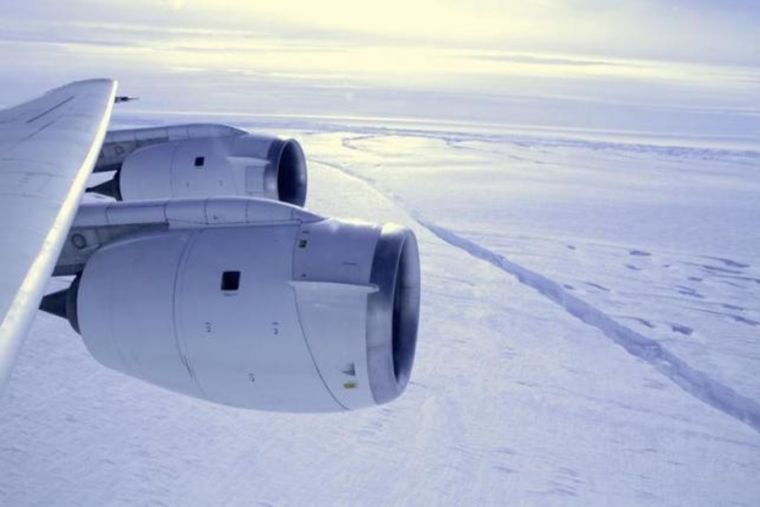Antarctica ice will melt, triggering massive floods, if all fossil fuels are burned—study

This sounds like a scene from a doomsday movie, but it can happen for real: The entire ice sheet covering the continent of Antarctica begins melting, leading to a massive sea level rise of more than 200 feet. A recent study warned this could really happen if all of the world's fossil fuel deposits are burned.
Published in the journal Science Advances, the study predicted that burning and exhausting coal, oil and natural gas in the planet can trigger massive flooding that will inundate major cities such as New Orleans, Houston, Washington, New York, Amsterdam, Stockholm, London, Paris, Berlin, Venice, Buenos Aires, Beijing, Shanghai, Sydney, Rome and Tokyo.
The study noted that if fossil fuels continue to be burned at present rate, half of the Antarctic ice will be melted in a span of 1,000 years. This will cause sea level to rise to up to a foot per decade, or about 10 times the current rate.
This fast sea level rise will trigger massive evacuations of populations living on coastal areas, researchers said, adding that this may plunge human society into chaos.
Ricarda Winkelmann of the Potsdam Institute for Climate Impact Research in Antarctica, the study's lead author, did not mince words when she issued the warning about using up the world's stock of fossil fuels.
"To be blunt: If we burn it all, we melt it all," Winkelmann said.
Ken Caldeira of the Carnegie Institution for Science in Stanford, another author of the study, meanwhile said human activities are really using up fossil fuel supply, which in turn is causing sea level to rise at an alarming rate.''
"This is humanity as a geologic force. We're not a subtle influence on the climate system—we are really hitting it with a hammer," Caldeira said.
The researcher himself said he was shocked at the rate Antarctic ice can melt due to the burning of fossil fuel.
"I didn't expect it would go so fast. To melt all of Antarctica, I thought it would take something like 10,000 years," Caldeira said.











